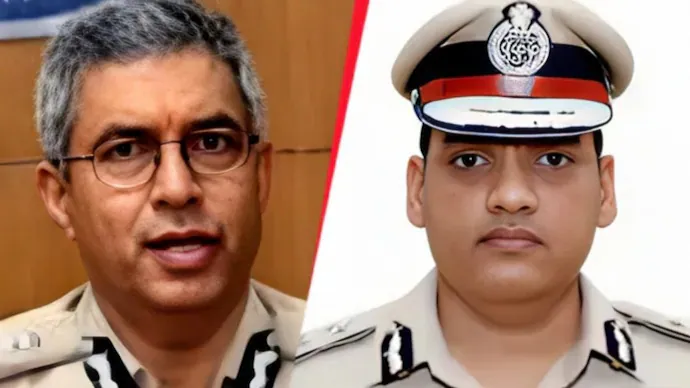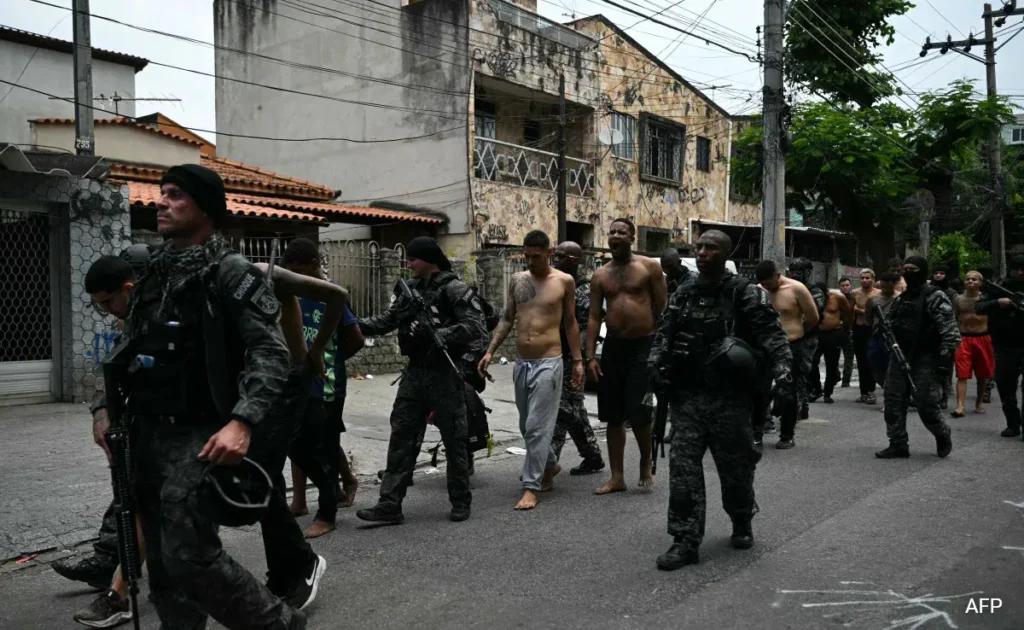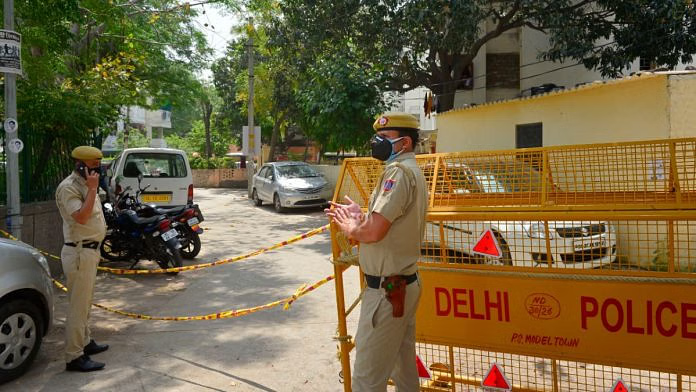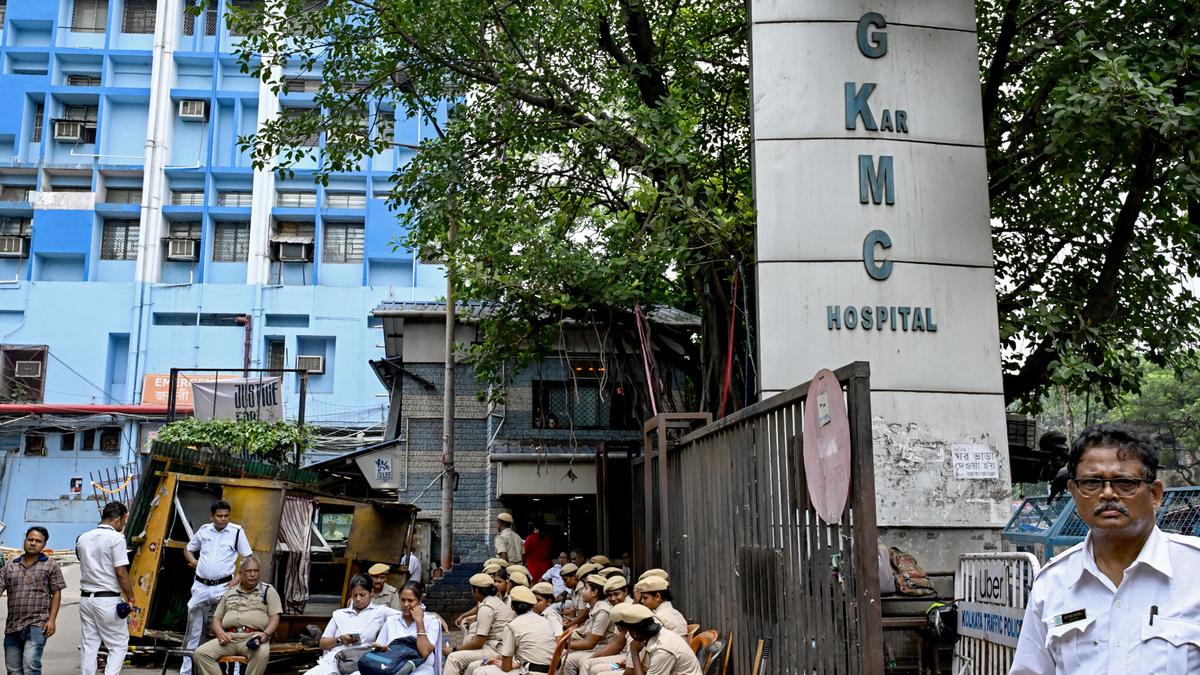Now Reading: Haryana DGP Placed on Leave Amid IPS Officer’s Suicide and Harassment Allegations
-
01
Haryana DGP Placed on Leave Amid IPS Officer’s Suicide and Harassment Allegations
Haryana DGP Placed on Leave Amid IPS Officer’s Suicide and Harassment Allegations

A senior IPS officer in Haryana, Y. Puran Kumar, tragically took his own life, leaving a detailed note naming top officials including DGP Shatrujeet Kapur. In response to mounting public pressure and demands for accountability, the Haryana government has sent the DGP on leave as investigations deepen. The episode has triggered debate over institutional responsibility, officer well-being, and trust in the police leadership.
The Suicide Note and the Accusations
Puran Kumar’s suicide note named 16 top IAS and IPS officials, accusing them of harassment, humiliation, and discrimination. Among those singled out: DGP Kapur and SP Narendra Bijarnia. The allegations allege not just workplace pressure but also caste-based insults. After the note emerged, the family of the deceased refused to allow cremation unless Kapur was removed.
Government Response and Administrative Moves
Under intense public scrutiny, the state government transferred Bijarnia from his post and directed that Kapur be placed on leave. The order was delayed, but pressure built fast—from protests, from media, and from political opposition. The local IAS and IPS associations backed the family’s demand for action. Meanwhile, the police filed FIRs against all named officials, including possible charges under abetment to suicide and SC/ST atrocity provisions.
Institutional Accountability and Culture in Police Ranks
This case raises uncomfortable questions about culture inside the police: how power is wielded, how grievances are handled, and whether lower-rank officers have safe channels to raise complaint. In Tier-2 and Tier-3 districts, officers often feel isolated from oversight and vulnerable to pressures from above. The balance between discipline and dignity may be fraying.
Legal and Ethical Challenges
Legally, charging senior officers is difficult: investigations must be impartial, evidence strong, and protocols followed. Ethically, authorities must ensure no misuse of influence or delay of justice. The accused also have a right to fair process. The tension between institutional protection and accountability is sharp—especially when media and public sentiment push for broad action.
Impact on Public Trust and Police Morale
Public confidence in law enforcement is critical. When senior officers are embroiled in such a case, ordinary citizens begin to wonder whom they can trust. On the flip side, honest officers worry about collateral reputation damage. For a police force already under strain in many states, incidents like this can ripple through morale and effectiveness.
The Stakes in Smaller Cities and Towns
In non-metropolitan areas, the fallout can be even stronger. Local communities typically have limited access to grievance redressal or oversight. When leadership misconduct—or the perception of it—emerges, people may fear speaking up. This makes the need for transparent internal mechanisms even more pressing.
Conclusion
The removal of Haryana’s DGP following the suicide of a senior officer casts a harsh light on power dynamics within the police system. This isn’t just about one man or one department—it’s about how institutions handle dissent, complaint, pressure, and human dignity. For justice to be served, investigation must be swift and impartial. For confidence to be restored, reform must become a norm rather than an exception.

























